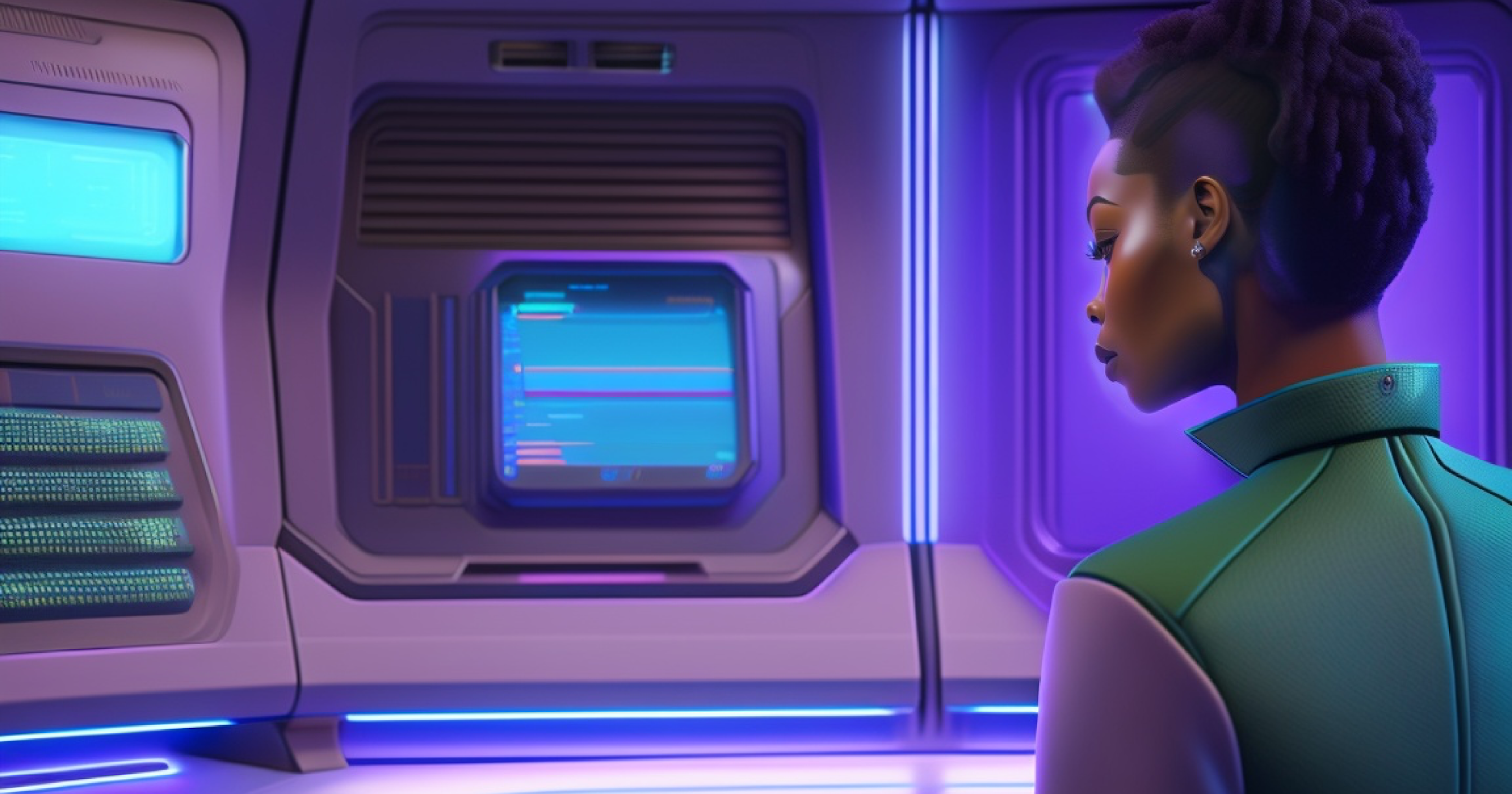Sci-Fi Tech Come to Life: Building the Universal Translator from Star Trek with AI and LLMs
Jose Nicholas Francisco

I’ll admit, I’m a bit of a sci-fi nerd. Since 5th grade, I’ve wanted to build the Iron Man suit. And the moment my family finished watching Back to the Future II, I immediately started creating blueprints for a Hoverboard. I was 9.
Now older and wiser—and closer to Tony Stark’s level than I was in elementary school—I’ve decided to use the technology at my disposal to bring my favorite sci-fi tools to life. And my first venture into the land of gadgets-and-gizmos-aplenty is the Universal Translator.
You know the one. It’s how Rick and Morty understand beings from other planets. It’s how all the aliens on the Starship Enterprise communicate. It’s how The Doctor can speak with the Daleks.
And, most importantly, it’s how we’re going to translate BBC Radio from English to French.
First off, we need AI
Because natural human language contains numerous inconsistencies and lacks the logical rigor enforced in our personal computers, we’re going to need AI.
But that’s good news!
If you haven’t yet heard, artificial intelligence is 📈booming 📈 right now. As a result, computer translations have vastly improved. We simply need to leverage already-existing tech to build our Universal Translator.
Think of it like this: every AI model, API Service, and coding platform out there is a Lego block. We simply have to connect those blocks to build something much greater than the sum of its parts